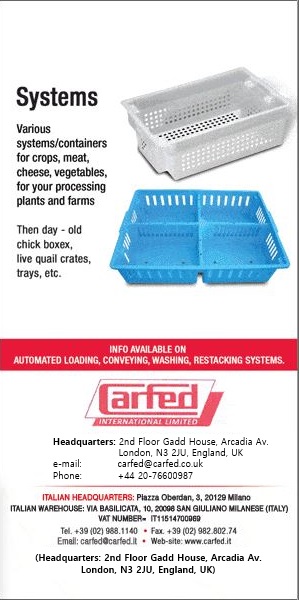The Food and Agriculture Organization of the United Nations (FAO) has launched its global action on green development of special agricultural products: One Country One Priority Product (OCOP)
This action aims to develop green and sustainable value chains for special agricultural products, support small and family farmers reap the full benefits of a global market and ultimately help the transformation of current agri-food systems and the achievement of the Sustainable Development Goals (SDGs).
Special Agricultural Products (SAPs) are those with unique qualities and special characteristics associated with geographical locations and cultural heritages, which can significantly contribute to ensuring food security and healthy diets, supporting farmers’ livelihoods and economic growth while protecting the environment and biodiversity.
SAPs include all kinds of agricultural products, recognised as symbolic national or local agricultural products, but have not fully benefited from agricultural and rural development programmes to the extent of commonly grown staple crops (e.g. rice, wheat, maize, soybean and potato). SAPs also have a huge potential to be integrated into local, regional, and global markets and trade.
“Today, global food supplies increasingly depend on just a few crops and products. Most agri-food systems have high-input, are resource-intensive and lack integration, optimisation and innovation,” said QU Dongyu, director-general of FAO at the launch event.
Central to the Global Action is to promote SAPs through innovation and green development, as well as to facilitate development for smallholders and family farming production models, which can significantly contribute to the achieving of the 2030 Agenda – in particular SDGs 1 (No poverty) and 2 (No hunger).
The initiative aims to optimise production systems; minimise loss of crop yields and biodiversity; minimise food loss, waste, and misuse of agricultural chemicals; and maximise integrated agricultural profits.
“The transformation of agri-food systems starts by identifying one product or a specific crop. This one product then becomes an entry-point for new, concrete actions to achieve tangible results for better production, better nutrition, a better environment and a better life for all, leaving no one behind,” stated Dongyu.
High-level participation
During the event, Levan Davitashvili, the vice prime minister and minister for environmental protection and agriculture of Georgia, mentioned that perennial orchards promoted under the country’s “Plant the Future” programme could be linked to the OCOP initiative.
“The success of the Global Action will depend on the collective support, active engagement and robust contributions from all stakeholders across all regions and sectors,” Dongyu concluded.










